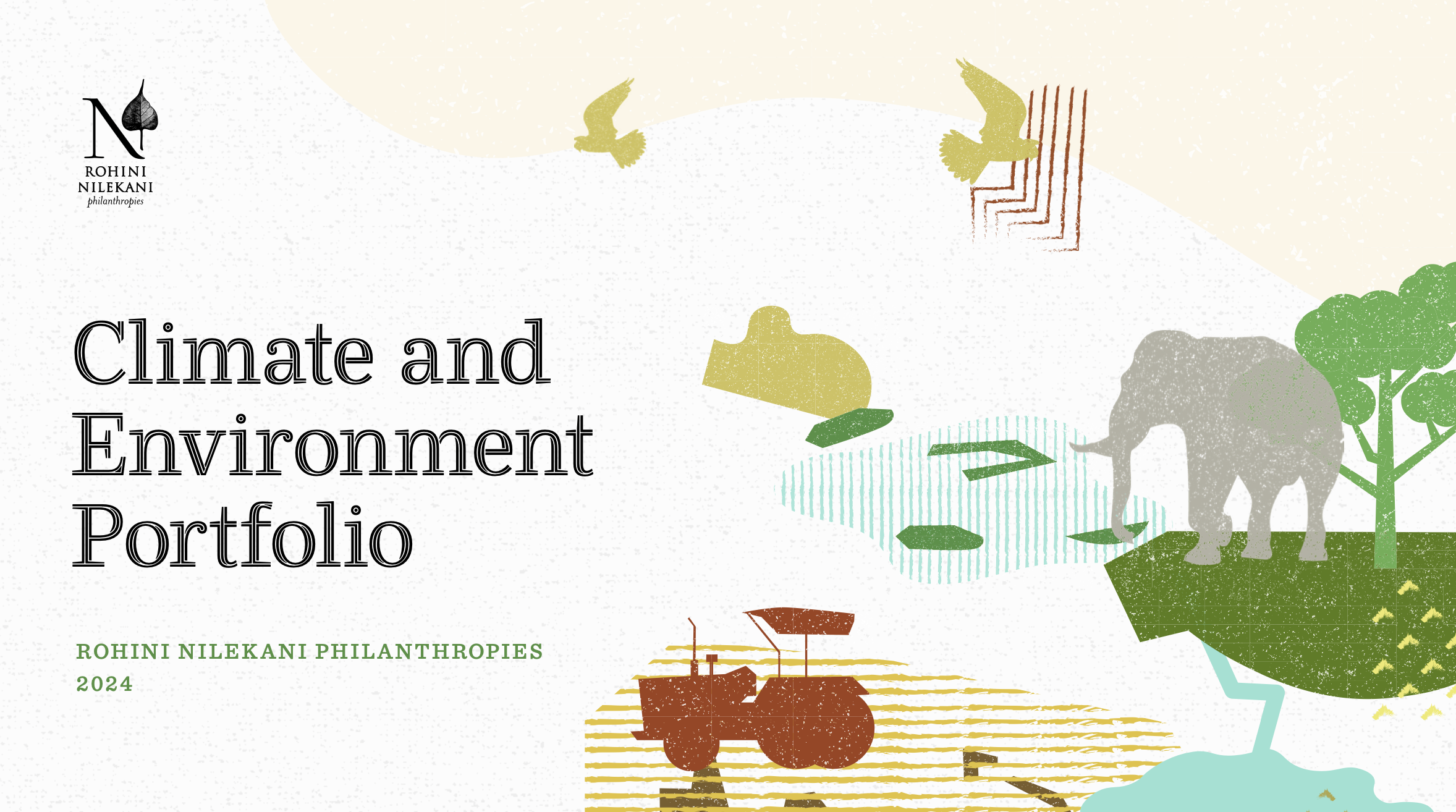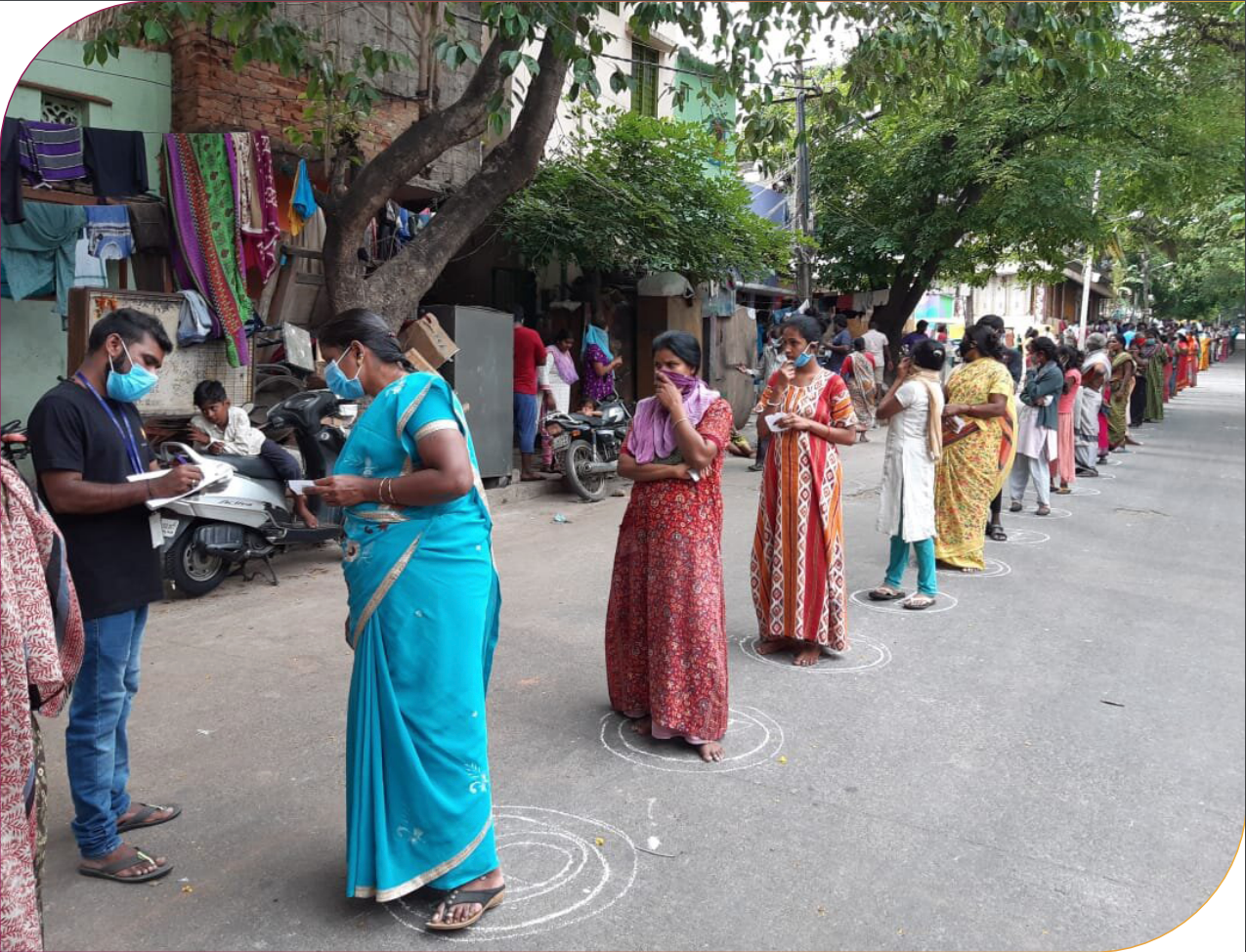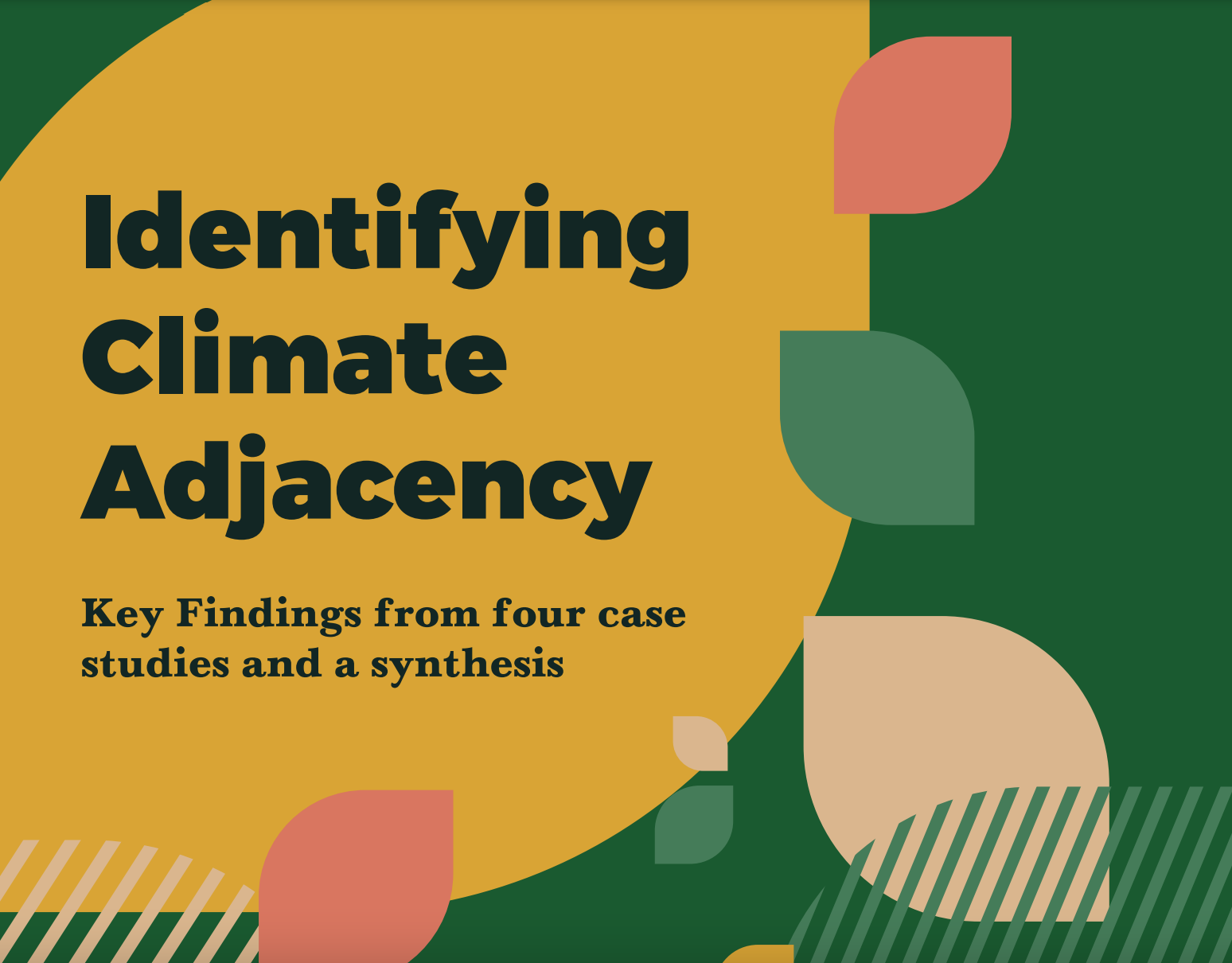Changing Coverage: An Assessment of the FEJI – ATREE Fellowships 2013-2017
Key Questions
- What are the key features of journalism fellowships in India and why are they necessary?
- How can mainstream media companies use fellowships?
The Forum for Environmental Journalists in India and Ashoka Trust for Research in Ecology and the Environment have partnered to implement three years of journalism fellowships in India.
In today’s political climate, with many conservative governments denying the existence of climate change, it is imperative that more journalists are empowered with access to information in order to write important stories, spread awareness, and preserve facts about environmental and ecological issues.
Although journalism has always been prominent in India, with increased corporate control of media houses and paid news, Indian media has struggled to cover substantive environmental news over the last few years. Mainstream media companies have reduced the number of reporters who focus on topics like science and ecology, and condensed stories on natural resource struggles that are happening all over the country.
At a more strategic level, these fellowships developed the potential to build strong coalitions of journalists who have expertise in areas that are often ignored by mainstream media. Not only did this provide the public more nuanced news, but also it gave journalists more credibility to make their case for in-depth articles with editors and publishers.
In addition, many journalists are not getting the time or training they need to understand the technical or scientific aspects of climate change. In a 2011 study by Associate Professor of Science Communication, Arul Aram, where he interviewed 25 journalists across four major English dailies and two major English news channels, who are covering climate change, he found that journalists felt that the topic of climate change is too abstract and not connected to daily reality. The study also discovered that journalists feel that scientists use too much jargon in their explanations, making it difficult to report on the impact of their studies.
Key Takeaways
- FEJI bridged the divide between the scientific community and journalists in order to bring the public the news it needs to make informed decisions about their political vote or economic spending.
- The Fellowships have provided large publications with award winning articles that were diverse and offered their readers with stories that many newsrooms don’t have the resources to pursue.
- Journalism fellowships need to include social media expertise to leverage their news and opinions.
Keywords
You may also want to read



